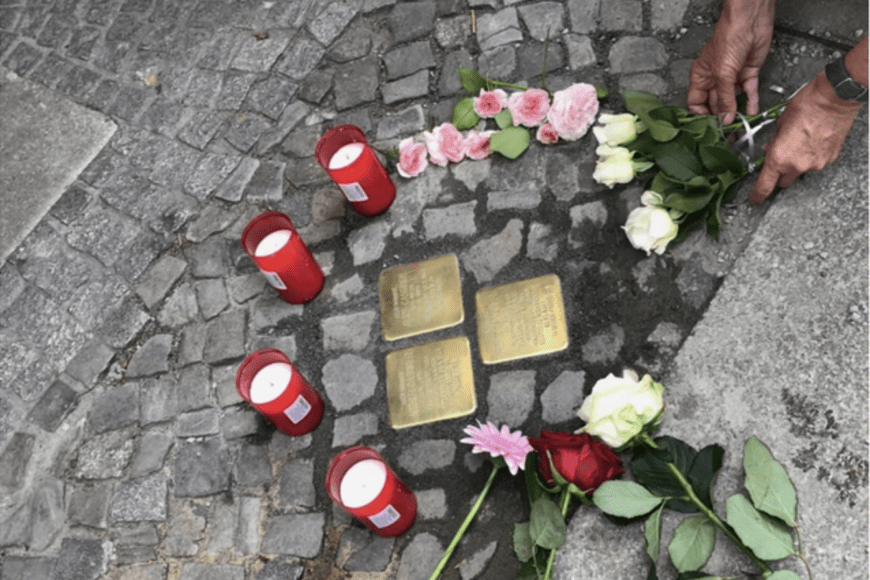The problems with Stumbling Stones: competition for control of the narrative of a Holocaust Memorial
216 Pillsbury Dr SE
Minneapolis,
MN
55455
This talk explores German artist Gunter Demnig’s counter-memorial project, Stolpersteine
(stumbling stones). For the past quarter century, Demnig has installed small brass plaques
into the sidewalk in front of homes from which Nazi victims were deported. Extending to 30
countries, to date over 100,000 plaques have been embossed with names and fates of
individuals memorialised. This paper addresses how the Stolperstein project, Europe’s largest
decentralised memorial to victims of the Holocaust, inadvertently both highlights and
provokes challenges to local and national memory narratives. The talk describes how these
small memorial plaques might unintentionally reinforce problematic narratives of national
victimhood in places that collaborated with Nazi Germany.
Based on several years of multi-sited and comparative ethnographic research throughout
Europe, this paper has a focus on Norway. Norway is the only country where the Stolperstein
(snublesten) project has been ‘completed’: as of 2022, a memorial stone has been installed
for each and every murdered Jewish Norwegian. The wide range of invented rituals at the
individual installations reflects the highly local understandings of the past, along with thorny
issues such as denial, complicity, resistance and reparations. The paper discusses the
material, visual and narrative representations of the afterlives of the victims and their
memorialization, addressing how the memory of their lives has been muted, forgotten, and
reinserted into the landscape.
Ruth Mandel is Professor of Anthropology at University College London. Her academic roots
stem from the Twin Cities: she spent her undergraduate years at Macalester College, after
which she studied at the University of Chicago for her PhD. She has carried out extensive
research on international migration between Turkey, Greece and Germany, and her book
resulting from this work, Cosmopolitan Anxieties: Turkish challenges to citizenship and
belonging in Germany (Duke Univ. Press) won the Douglas Prize for the Best Book in
European Anthropology. She currently is a Sosland Foundation Fellow at the US Holocaust
Memorial Museum in Washington, D.C. Last year she was a Visiting Professor at Harvard, in
the Anthropology Department and the Center for Jewish Studies.
Cosponsored by: Center for German & European Studies, Center for Holocaust & Genocide
Studies, Department of German, Nordic, Slavic & Dutch
